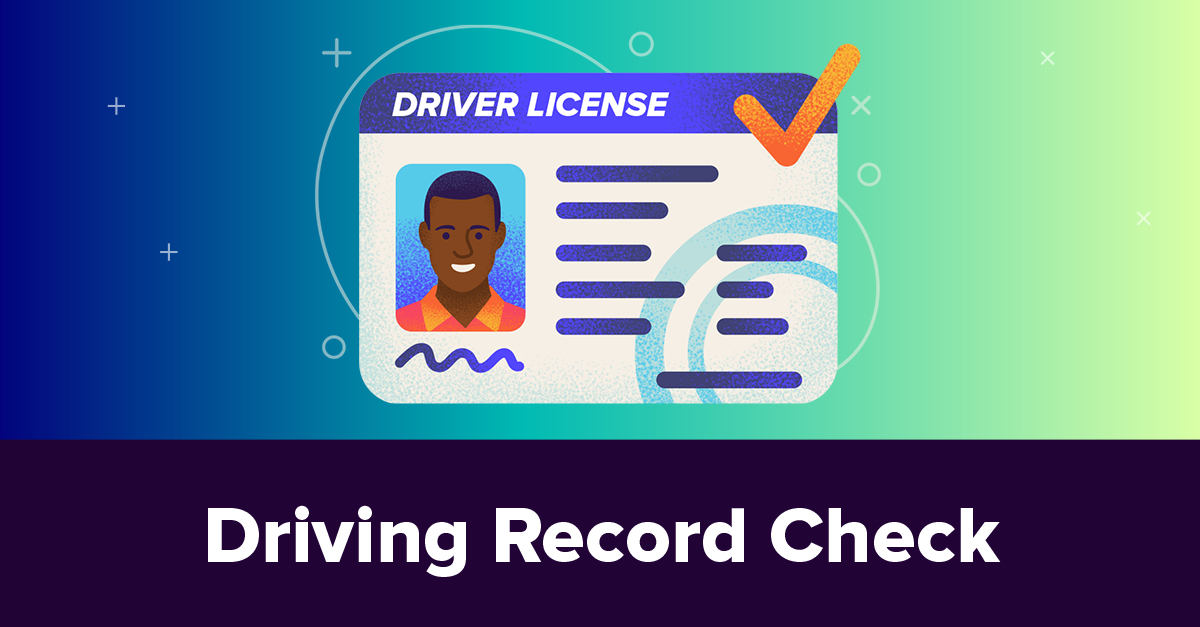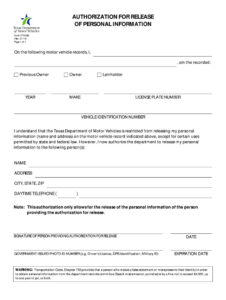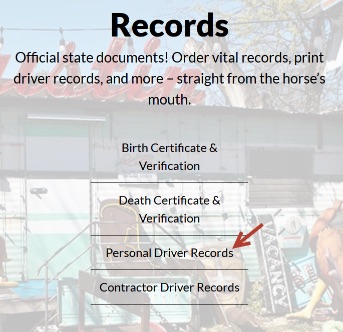

It may come as a surprise to many Texas residents, but the Texas Department of Motor Vehicles (DMV) sells personal information to third-party entities. While this is a legal practice, it has raised concerns over privacy, and many drivers are unaware that their personal data is being sold to businesses, marketers, and other organizations. Understanding how this system works and what you can do to protect your information is crucial in today’s digital age.
In this blog, we will explore why and how the Texas DMV sells personal information, the potential risks involved, and how you can protect your data. Whether you’re concerned about receiving unsolicited marketing or want to ensure your privacy, this guide will help you understand how to take control of your personal information.
The Texas DMV sells personal information to outside entities for a variety of reasons, primarily related to legal and regulatory practices. The sale of this information is permitted under the Driver’s Privacy Protection Act (DPPA), a federal law that governs how states handle personal information from motor vehicle records. This law allows state DMV agencies to disclose personal data for specific purposes, including but not limited to:
Although the sale of your personal information is allowed under the DPPA, it’s important to be aware of how your data is being used and what rights you have to control this process.
The Texas DMV has access to a wide range of personal data through motor vehicle records. This information can be sold to third-party entities, including:
This personal data is valuable to companies and other organizations, but it also comes with certain risks—especially if it falls into the hands of scammers or marketers. Understanding how your information is being used is key to protecting yourself.

While the sale of personal information by the Texas DMV is legal, it carries several risks, particularly around privacy and security:

While the sale of personal information by the Texas DMV is a legal practice, it raises significant concerns regarding privacy and security. By understanding how your data is used, opting out of marketing lists, and taking proactive steps to protect your information, you can reduce the risk of unwanted solicitations, scams, and identity theft. Stay informed and take control of your personal data to ensure your privacy remains secure.